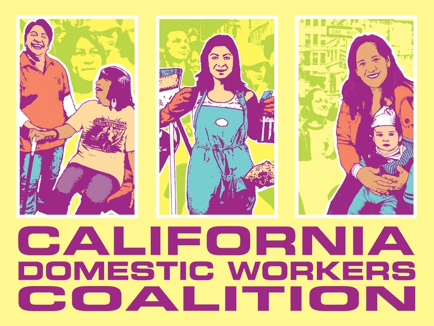American Journal of Industrial Medicine |
ABSTRACT
Background: While many states have legal provisions to extend workers’ compensation eligibility to day laborers or domestic workers hired directly by homeowners or families, little is known about the nature or frequency of injury claims submitted on behalf of these “residential employees.”
Methods: We examined California workers’ compensation claims records for injuries that appear to have occurred in residential settings between 2008 and 2018 and where the employer of record was an individual or family. We examined the demographic, occupational, and injury characteristics of our sample and analyzed factors that contribute to the likelihood of a claim resulting in some sort of payment.
Results: We identified 5,463 workers’ compensation claims that were likely submitted on behalf of residential employees. Claims most commonly reflected injuries to workers performing housekeeping tasks, followed by construction/maintenance and caregiving. Workers performing construction/maintenance or gardening/landscaping tasks were more likely to be injured on the same day of hire and were more likely to require hospitalization or emergency treatment for their injuries; however, these workers also had a smaller proportion of claims that resulted in payment. We found that employment tenure had the biggest impact on the likelihood of payment, with the odds increasing sharply after the first day of work.
Conclusions: Although the claims in our data set likely represent only a small fraction of all injuries to residential day laborers and domestic workers during this period, we suggest that workers’ compensation claims can provide valuable clues for better understanding occupational injuries among workers in this largely informal sector.
